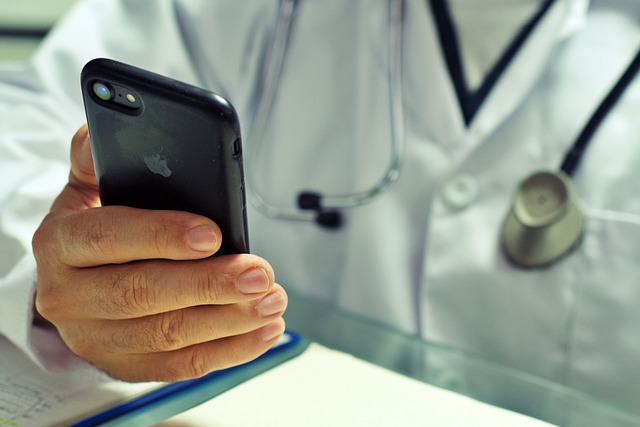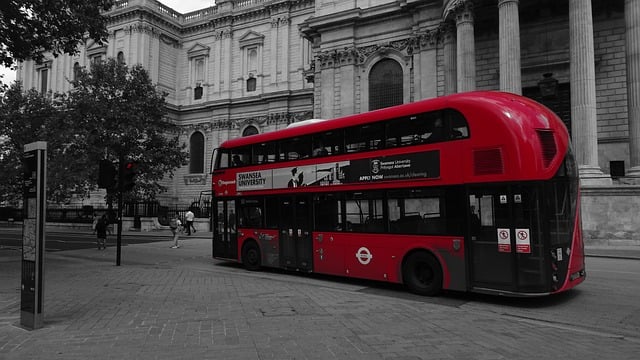International students are a vital part of the UK higher education community. Every year, thousands travel from abroad for a temporary (sometimes permanent) new life in the UK. For most student immigrants to the country, it can be a shock to adjust to how British culture differs from your home country.

The National Health Service
Students who intend to study in Britain for more than six months are eligible to use NHS services. It’s important for your health needs that you register for a local clinic. Sometimes universities have on-site medical services, but sometimes there’s a local one in the town or city where you’re living.
Registering now will make the process of getting medical care much easier when you do need a nurse or doctor appointment.
Look into local transport
The UK transport network isn’t the best in the world, but it is far from the worst. Most major towns and cities have bus networks, while some of the largest have internal light rail, local rail lines, trams, and in London – the underground network.
Grab timetables to understand how to get around. Also investigate student discount. The young person’s railcard, for example, is available to all students and can give you substantial discount.
Overcoming language barriers
There is an internet joke that goes like this: I can travel for 5hrs in the US and still be in the same state. In the UK, I can drive for 30 minutes, the accent has changed twice, and bread rolls have a completely different name.
Learning English, even fluently, is only the start. Be advised that as you interact with fellow students and locals, you will come up against a lot of regional slang!
Explore British culture
You may only live in Britain for three years, so why not get out and about? Tourism is a huge industry here, but it isn’t just about all the big sites like Edinburgh Castle and Stonehenge. Many historic towns and cities have quirky historic places that never get a mention in the media

Public service numbers
Did you know that Britain has three public service numbers? It’s important to know what they are, and the context in which to use them.
999: The emergency services number for police, ambulance, and fire brigade. Only use in an emergency for example if you see a building on fire, your life or that of someone else is in danger, or a serious crime is in the process of being committed.
111: The emergency non-life-threatening healthcare line. From here, a medical professional will direct you to whatever service you need, or recommend and emergency appointment.
101: The non-emergency police line. You will be put through to your local police phone network and they’ll decide on a course of action.